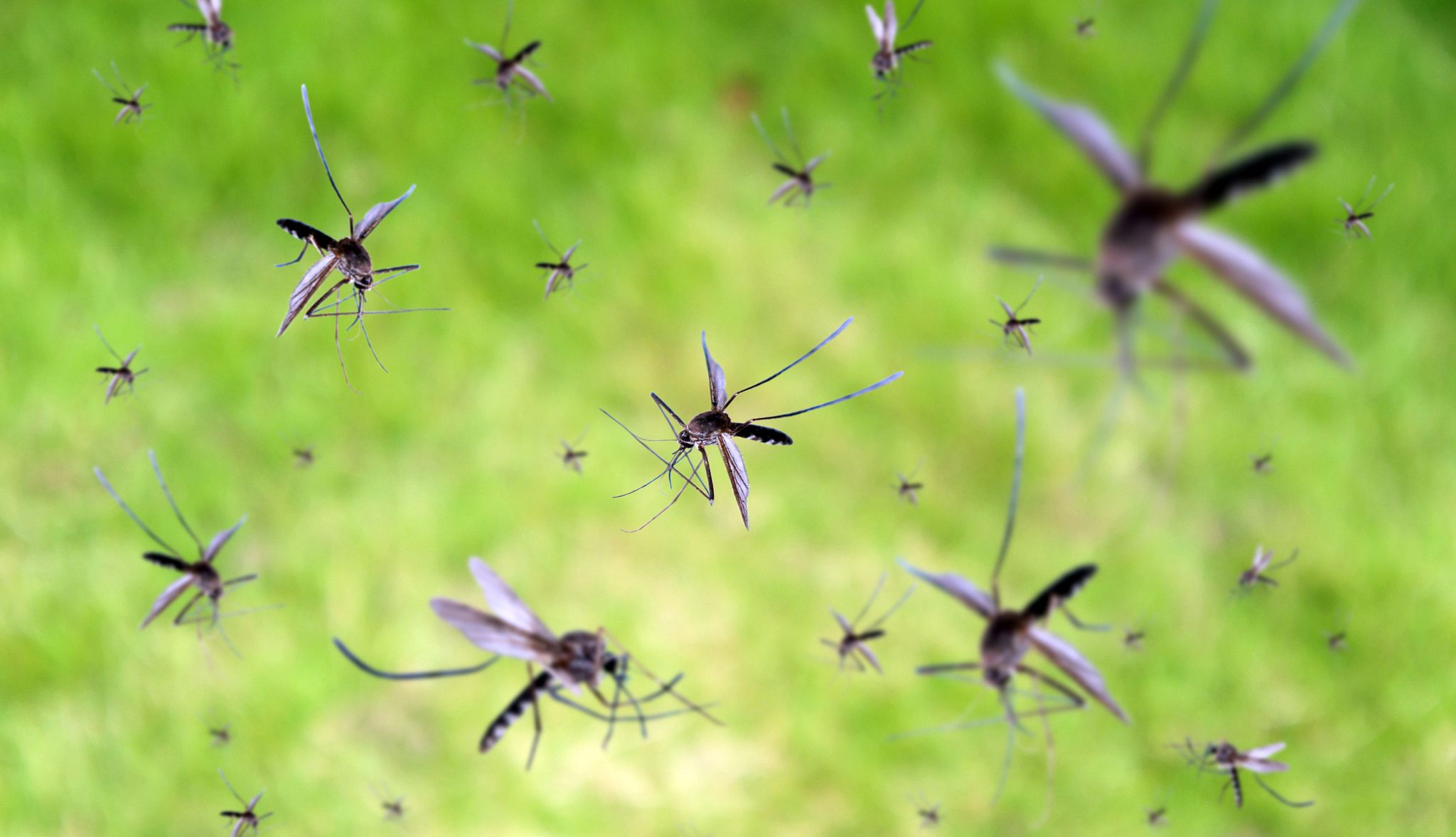AARP Hearing Center


A person in Long Island, New York, has tested positive for chikungunya, a mosquito-borne illness that is usually associated with international travel. Officials say the infection occurred within the state, marking the first locally acquired case in New York and the first in the U.S. since 2019.
According to the New York State Department of Health, the individual likely contracted the virus — which can cause fever and severe joint pain — from a bite of an infected mosquito. Mosquitoes become infected after feeding on someone who already has the virus, the U.S. Centers for Disease Control and Prevention (CDC) explains. The virus is not spread from person to person.
State health officials say the species known to transmit chikungunya, the Aedes albopictus mosquito, is present in parts of New York. However, “given the much colder nighttime temperatures, the current risk in New York is very low,” State Health Commissioner Dr. James McDonald said.
Still, the new case has prompted questions about the virus and its presence in the U.S. Here’s what you need to know about chikungunya and how to best protect yourself from the mosquito-borne illness.
What is chikungunya?
Chikungunya is a disease caused by the chikungunya virus, which is spread by infected mosquitoes, according to the World Health Organization (WHO). The virus can be found in many parts of the world but tends to circulate in tropical and subtropical regions.
WHO officials say chikungunya outbreaks have become more frequent and widespread in recent years. About 200 cases of chikungunya were reported in the U.S. in 2024; all of them were travel-associated.
What are the symptoms of chikungunya?
The most common symptoms of chikungunya are fever and joint pain, which can be severe and long-lasting. In fact, the name chikungunya means “that which bends up,” to describe “the contorted posture of infected people with severe joint pain,” the WHO explains.




































































More From AARP
What to Know About Alpha-gal Syndrome
Cases of the red meat allergy are on the rise
The Blood Type Mosquitoes Crave
4 surprising reasons mosquitoes attack you
Smart Guide to Reducing Inflammation
31 ways to tamp down the chronic condition